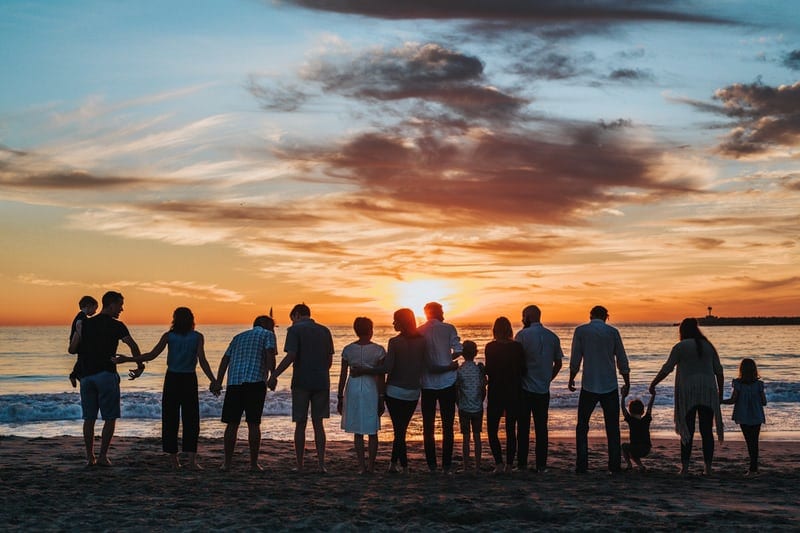Author: RaeAnn Collins
Wikipedia defines brave as: “ready to face and endure danger or pain; showing courage.”
It is an act of bravery to tell others about this disorder. I have had Bipolar Disorder 1 for about 37 years now. Back in my early days, the stigma of having Bipolar Disorder was very severe. During those times, I would never have thought of telling a stranger, or even the important people in my life, that I had a mental illness.
Stigma still exists. Many people are just afraid of the unknown. But in my opinion, younger generations are very open to the subject of mental illness. They are very brave, but are probably unaware of how or why this makes them brave. It just goes to show how far research, education, and society have come in the last 10 or so years.
A lot of my bravery isn’t just for me but also for the ones that I care about and love. I take my medication responsibly, go to therapy, read about Bipolar Disorder, and try to educate others. I do everything in my power to be sure that my family and friends don’t have to worry about me 24/7. They are also wonderful about telling me if they think that I am starting to get manic or depressed. I listen to them and I get help immediately before it turns into a major manic or depressive episode.
I had no choice but to be brave when it came to explaining my illness to my close family members. I was absolutely amazed at the support that I received. They had already seen my bizarre behaviors. Talking to them about it, explaining why my behavior was so erratic, and acknowledging that I knew they were struggling with it were important to getting this support from them.
I also want to be a role model for my son. My son was diagnosed with Bipolar Disorder 1 at the age of 18. He has endured countless numbers of manic episodes. His bravery showed about 10 years later when he made a decision to “not live like this anymore.” He took responsibility for his actions and behaviors that he experienced during his manic episodes and expressed gratitude that his family and friends didn’t give up on him. He is brave. He has a strong determination to live responsibly with his mental illness. I am so proud of him.
The thought of being brave can be scary. It can leave you vulnerable and anxious but being brave can save your life. The more informed you are about your illness, the better chance you have of being brave and working with your support system to overcome struggles from your illness.
The content of the International Bipolar Foundation blogs is for informational purposes only. The content is not intended to be a substitute for professional medical advice, diagnosis, or treatment. Always seek the advice of your physician and never disregard professional medical advice because of something you have read in any IBPF content.


